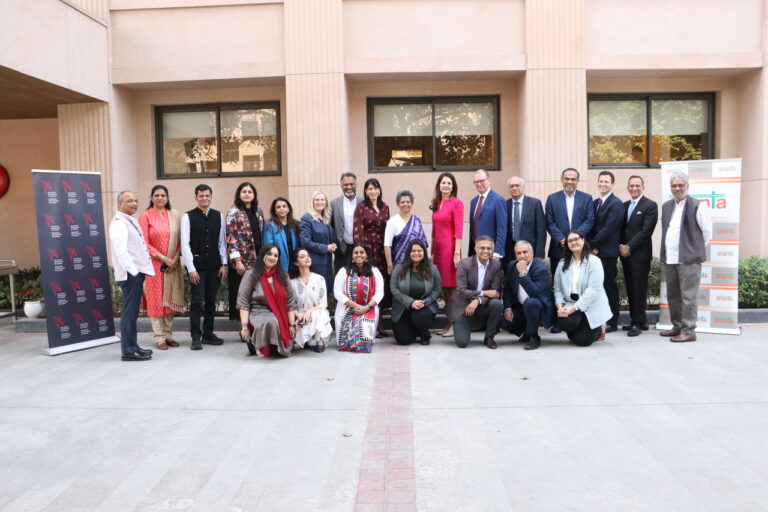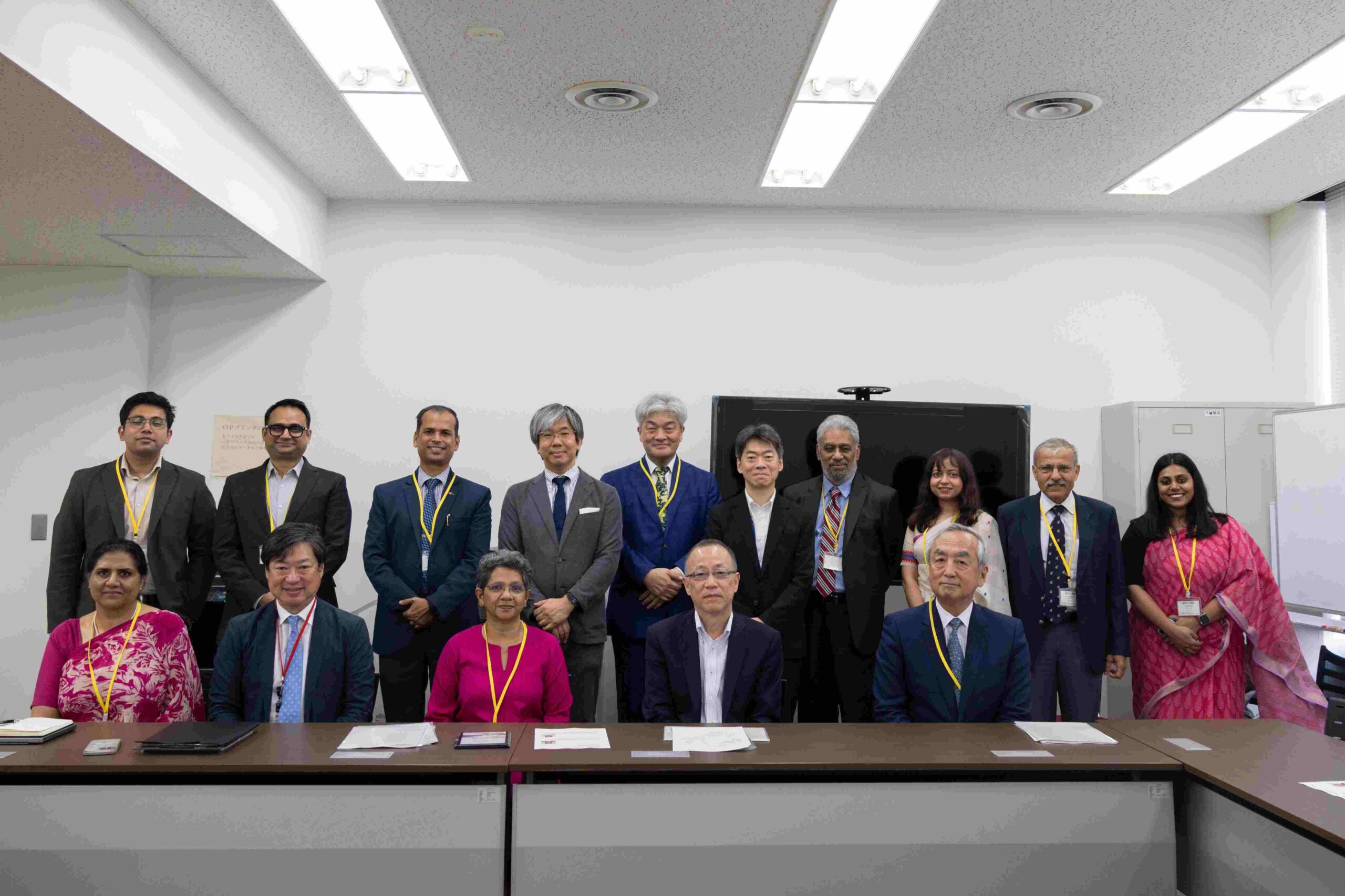










India–Nepal Strategic Dialogue – Kathmandu
The first India–Nepal Strategic Dialogue, co-convened by the Ananta Aspen Centre and the Centre for Social Innovation and Foreign Policy (CESIF), was held on 12 June 2025 in Kathmandu. The day-long Track 2 Dialogue brought together experts and stakeholders to strengthen bilateral ties and explore areas of future cooperation in light of regional and global shifts.
The dialogue began by setting a forward-looking tone, focusing on structured collaboration across sectors like energy, trade, and digital innovation. The importance of transforming borders into bridges for connectivity was a recurring theme, with growing India–Nepal cooperation in infrastructure, hydropower, digital payments, and cross-border movement highlighted as examples of deepening engagement.
H.E. Naveen Srivastava, India’s Ambassador to Nepal, delivered special remarks, reaffirming India’s commitment to strengthening ties under the “Neighborhood First” policy. Ambassador Srivastava emphasized that borders should foster connectivity, not act as barriers, highlighting cooperation in infrastructure, energy, trade, digital payments, and people-to-people ties. He cited Nepal’s rising electricity exports to India and the growing use of India’s UPI system in Nepal. Key connectivity projects align with PM Modi’s “super HIT” vision—Highways, Info-ways, and Trans-ways. He appreciated Nepal’s support after the April 2025 Pahalgam attack. While acknowledging unresolved issues, he stressed resolving them through friendly dialogue. He also noted India’s significant development role in Nepal, with over 550 projects across all 77 districts, major infrastructure initiatives, and leadership in hydropower and foreign investment, accounting for over 33% of Nepal’s FDI.
In her inaugural remarks, Hon. Dr. Arzu Rana Deuba, Nepal’s Minister for Foreign Affairs, called for deeper India–Nepal cooperation amid global climate, technological, and geopolitical shifts. Stressing regional integration and green energy, she called for turning Nepal-India proximity into prosperity through improved connectivity—roads, railways, and digital infrastructure. She cited progress on the Pancheshwar Hydropower Project aligned with the shared goal of exporting 10,000 MW of electricity to India. Dr. Deuba highlighted common security threats, urging deeper strategic and defence cooperation. She underscored the importance of trade, transit, and investment, identifying Integrated Check Posts (ICs) as essential for economic integration. Enhanced connectivity, she emphasized, is crucial for boosting trade, attracting investment, and driving industrial growth and employment across sectors.
Sessions during the Dialogue addressed critical themes shaping the bilateral relationship. The first session explored institutional mechanisms, political trust, and the need to manage public perception in a changing geopolitical landscape. The evolving role of the open border was examined, balancing its benefits with emerging challenges such as security and migration.
The second session focused on energy cooperation and climate change, underlining the strategic significance of hydropower trade, climate resilience, and cross-border environmental stewardship. Joint ventures and long-term agreements were recommended to unlock Nepal’s potential.
The third session looked at connectivity and trade, advocating for better infrastructure, harmonized logistics, and the removal of non-tariff barriers to boost regional integration and investment.
The final session delved into digital innovation, highlighting opportunities in fintech, AI, and cybersecurity. India’s digital payment systems were presented as models for regional interoperability, with calls for greater collaboration in digital infrastructure, governance, and literacy.
Overall, the Dialogue reaffirmed the shared aspiration to build a future-oriented, resilient partnership grounded in mutual respect, strategic cooperation, and inclusive development.
***




























